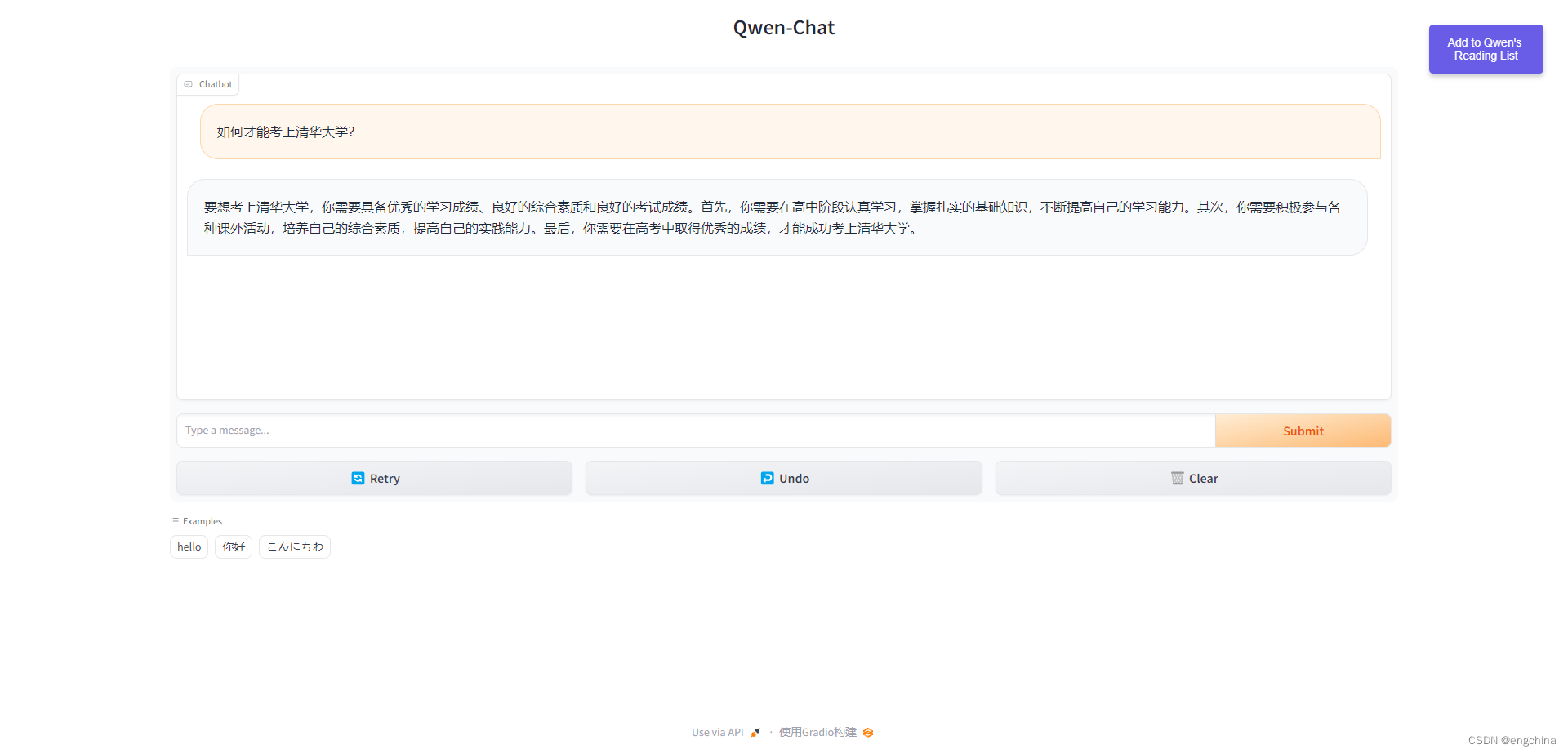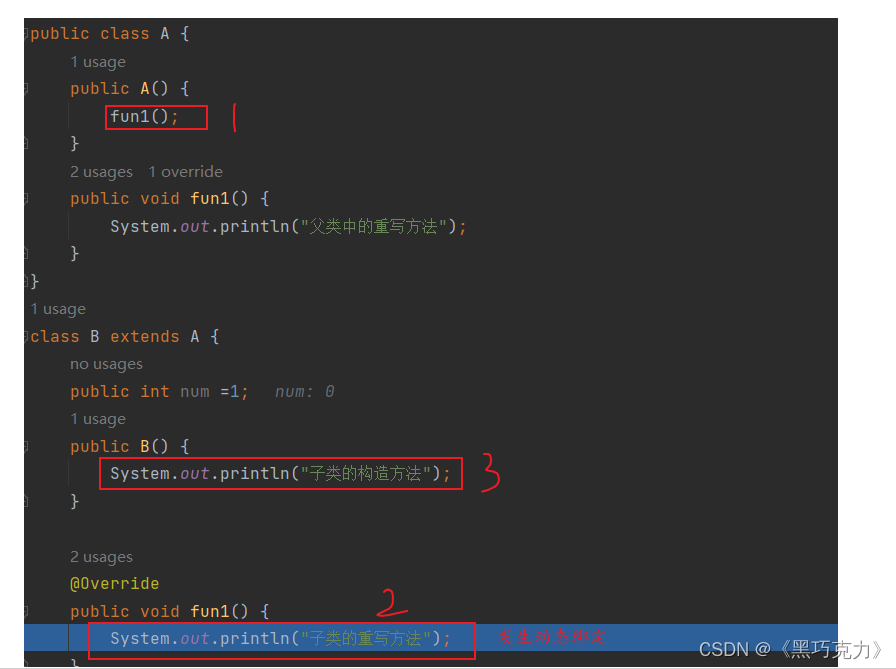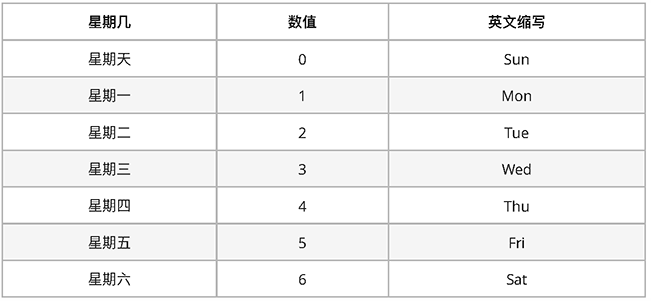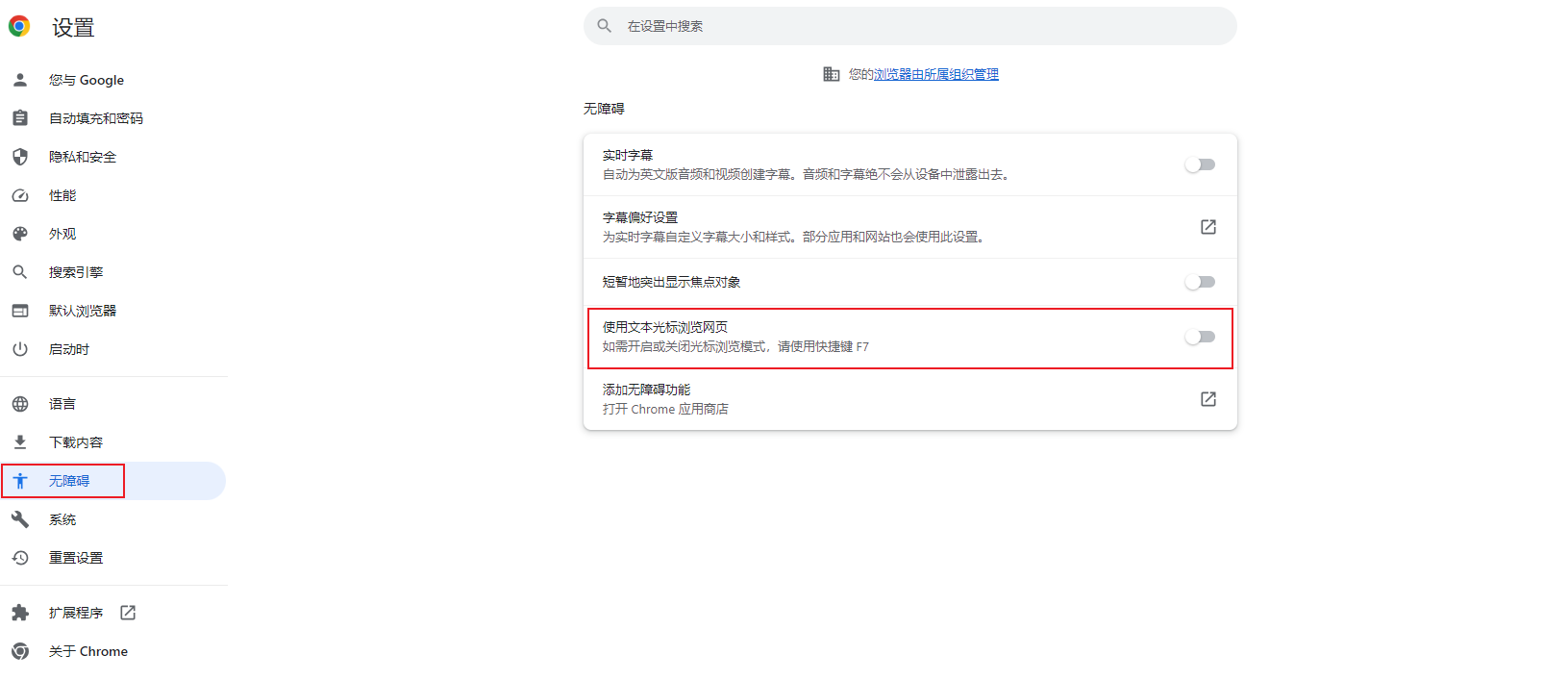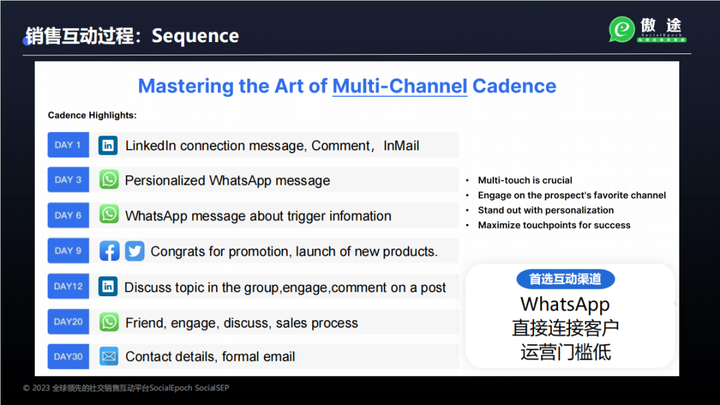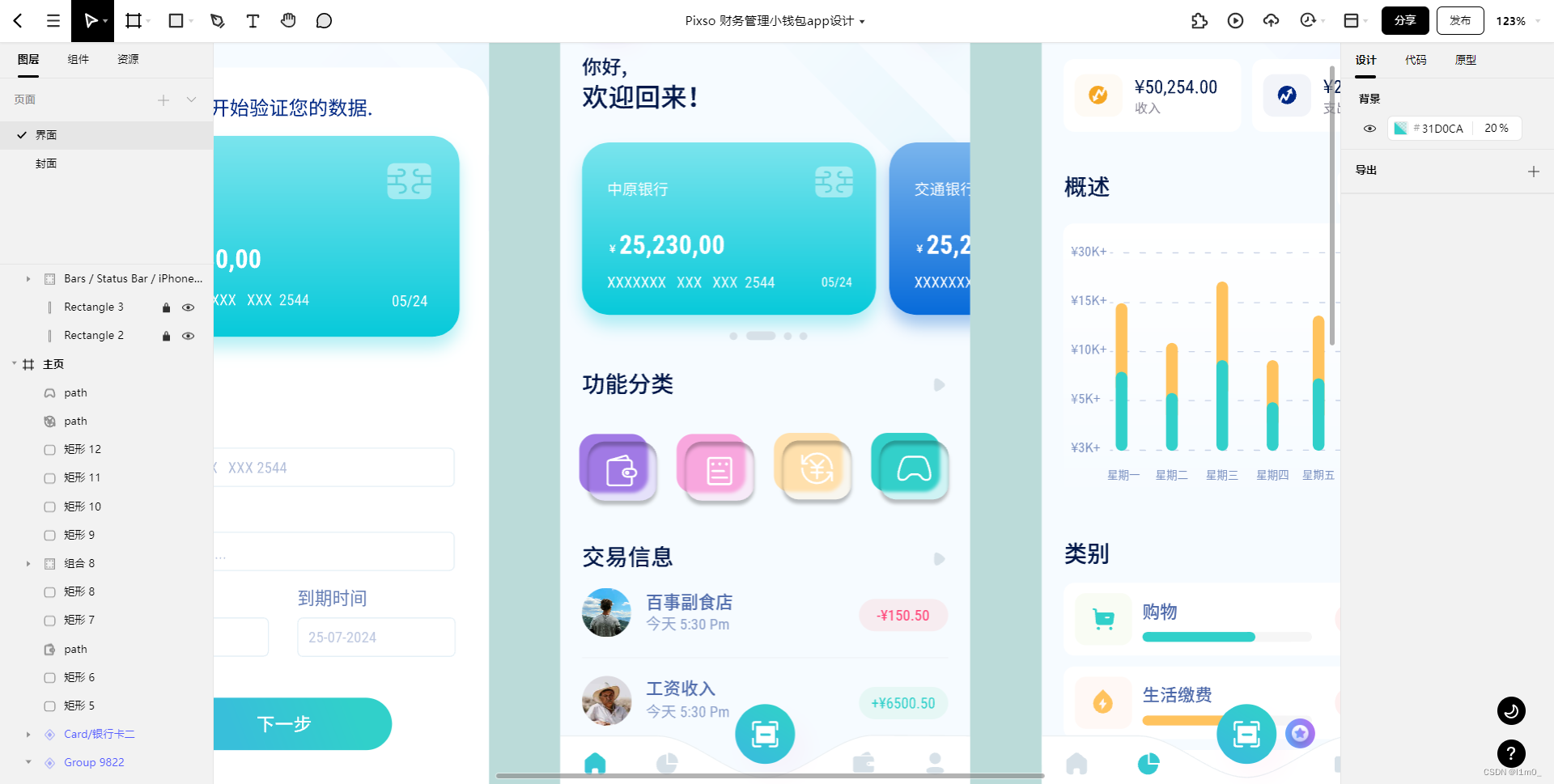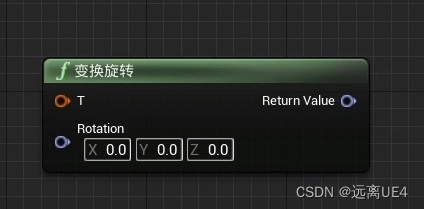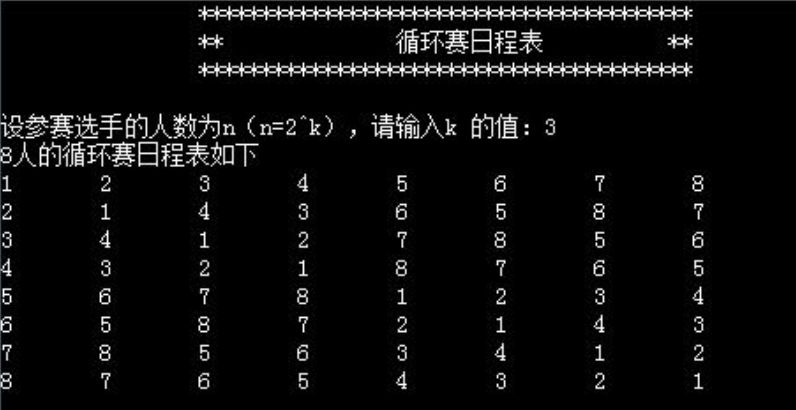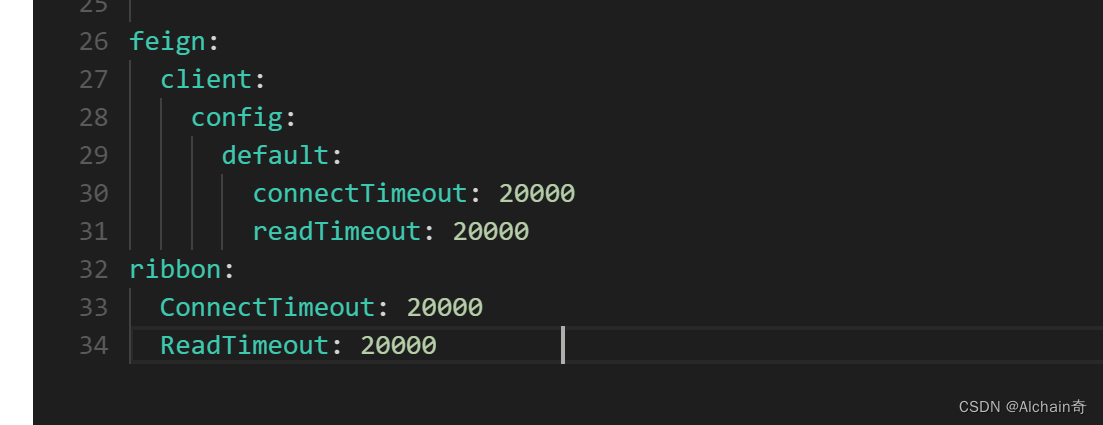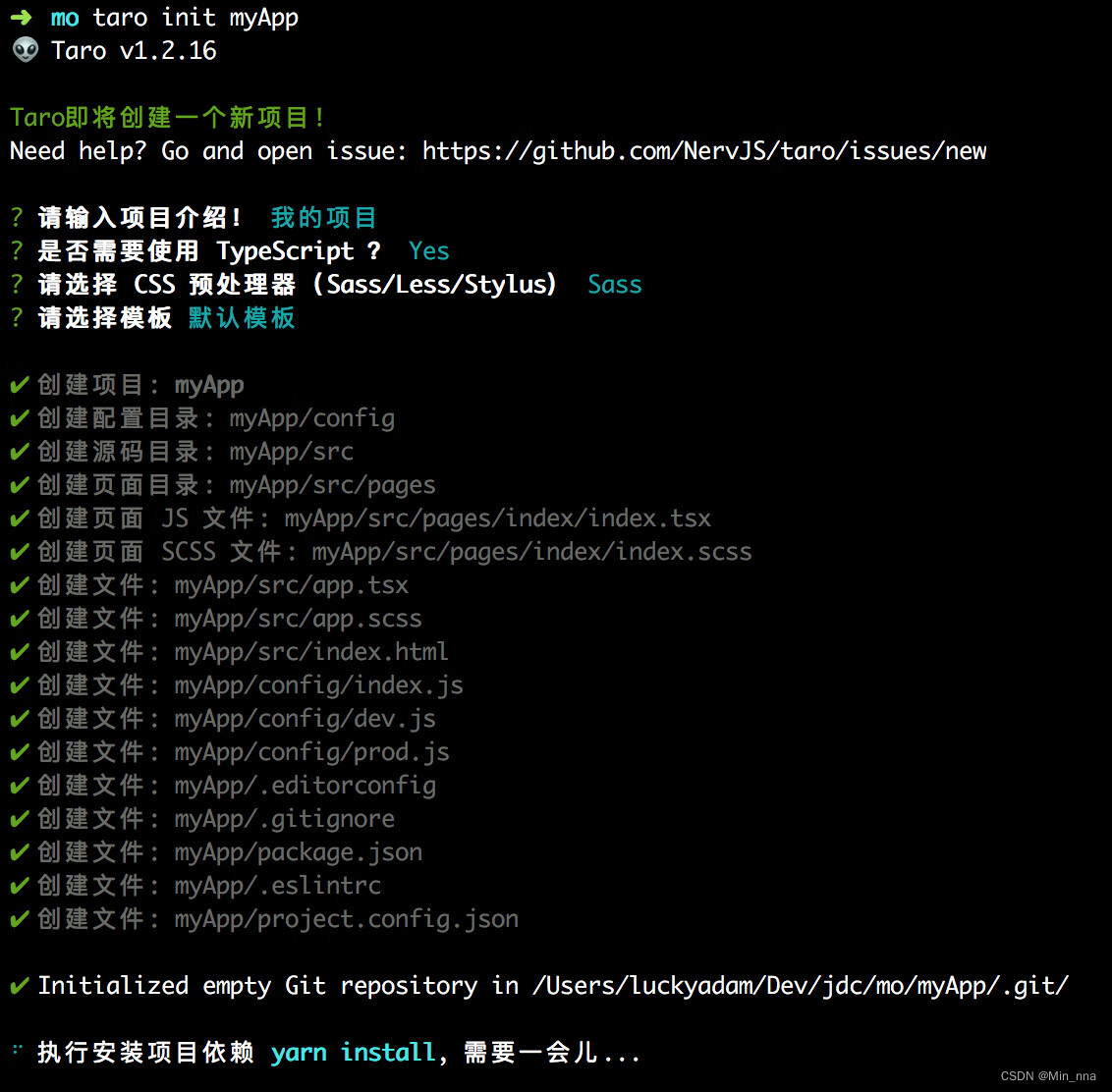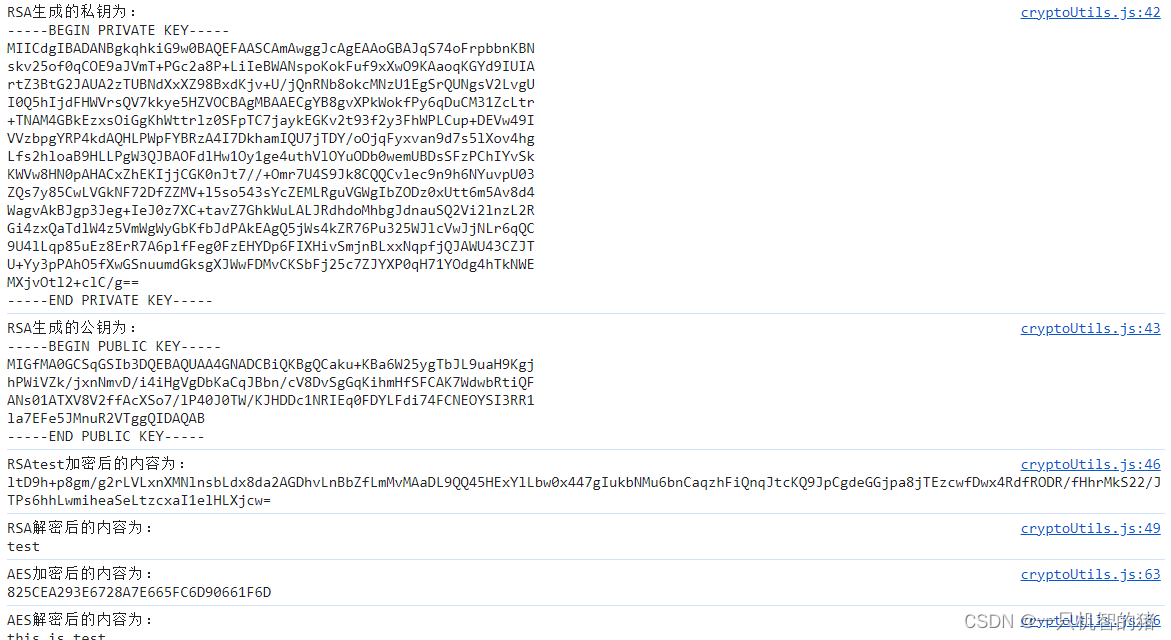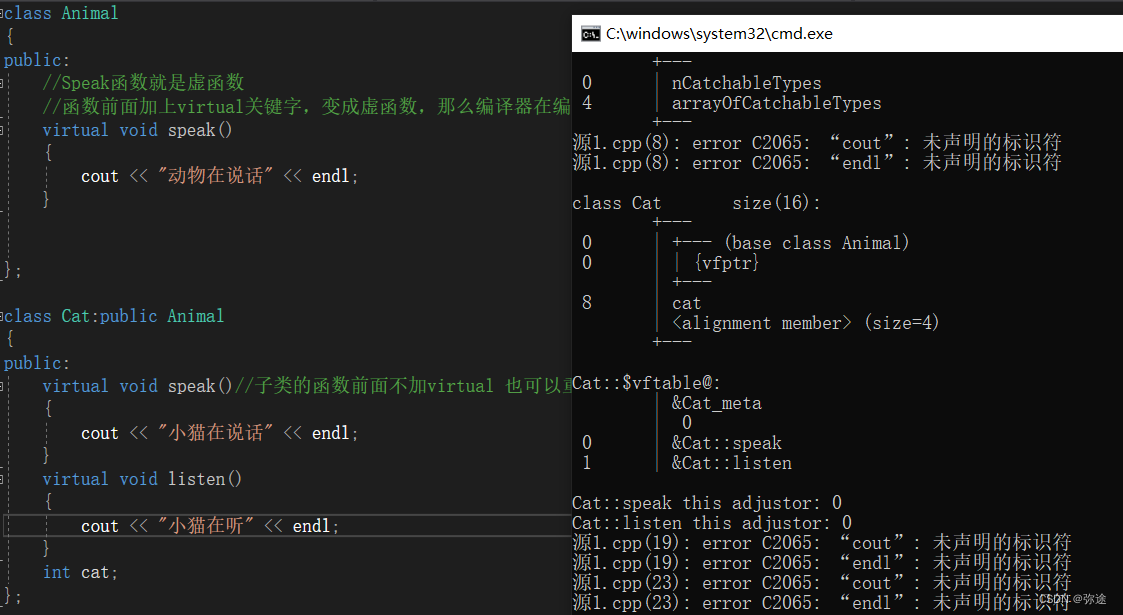在一个项目中,由于需要设置 http_proxy 来爬虫IP访问网络,但在使用 requests 库下载文件时遇到了问题。具体表现为在执行 Python 脚本时,程序会阻塞并最终超时,无法正常完成文件下载。

解决方案
针对这个问题,我们可以采取以下解决方案:
1、修复代码逻辑
首先,我们需要检查下载代码,确保在使用 http_proxy 时不会重复打开和关闭同一个 URL。例如,在上述代码中,存在两次对同一 URL 的打开和关闭操作,这可能会触发一些未知的问题。确保代码逻辑正确,避免出现重复的操作。下面是一个示例代码片段,演示了如何修复这个问题:
import requests
def download_file_with_proxy(url, proxy):
session = requests.Session()
session.proxies = {'http': proxy, 'https': proxy}
try:
response = session.get(url, stream=True)
if response.status_code == 200:
with open('downloaded_file.txt', 'wb') as file:
for chunk in response.iter_content(chunk_size=1024):
if chunk:
file.write(chunk)
except Exception as e:
print(f"An error occurred: {str(e)}")
2、使用更稳定的爬虫IP库
如果发现 requests 库存在稳定性问题,可以考虑使用其他更稳定的爬虫IP库,如 urllib、urllib2 等。这些库在处理爬虫IP请求时可能具有更好的稳定性和兼容性。以下是使用 urllib 的示例代码:
import urllib.request
def download_file_with_proxy(url, proxy):
proxy_handler = urllib.request.ProxyHandler({'http': proxy, 'https': proxy})
opener = urllib.request.build_opener(proxy_handler)
try:
response = opener.open(url)
with open('downloaded_file.txt', 'wb') as file:
file.write(response.read())
except Exception as e:
print(f"An error occurred: {str(e)}")
3、检查爬虫IP设置
确保 http_proxy 的设置正确无误。如果爬虫IP服务出现故障或配置错误,可能会导致下载过程中出现阻塞和超时问题。可以尝试更换其他可用的爬虫IP服务或者检查爬虫IP服务的配置。
4、优化下载逻辑
如果下载文件较大,可以考虑优化下载逻辑,例如分块下载,避免一次性加载整个文件。这样可以降低内存压力,提高下载效率。下面是一个示例代码片段,演示了如何进行分块下载:
import requests
def download_file_with_proxy(url, proxy):
session = requests.Session()
session.proxies = {'http': proxy, 'https': proxy}
try:
response = session.get(url, stream=True)
if response.status_code == 200:
with open('downloaded_file.txt', 'wb') as file:
for chunk in response.iter_content(chunk_size=1024):
if chunk:
file.write(chunk)
except Exception as e:
print(f"An error occurred: {str(e)}")
5、利用中间件进行爬虫IP
如果问题仍然存在,可以考虑使用中间件进行爬虫IP。例如,可以使用 squid 等反向爬虫IP服务器,将所有爬虫IP请求转发到爬虫IP服务器,再由爬虫IP服务器进行处理。这样可以减少直接与目标服务器的交互,降低网络延迟,提高下载速度。
综上所述,以上是针对问题背景所提出的解决方案。具体情况需要根据实际项目和环境进行分析和解决。在解决问题时,需要确保代码逻辑正确,避免出现重复的操作,并对爬虫IP设置进行检查。如果问题仍然存在,可以尝试优化下载逻辑或利用中间件进行爬虫IP。希望这些方案对解决你的问题有所帮助。
